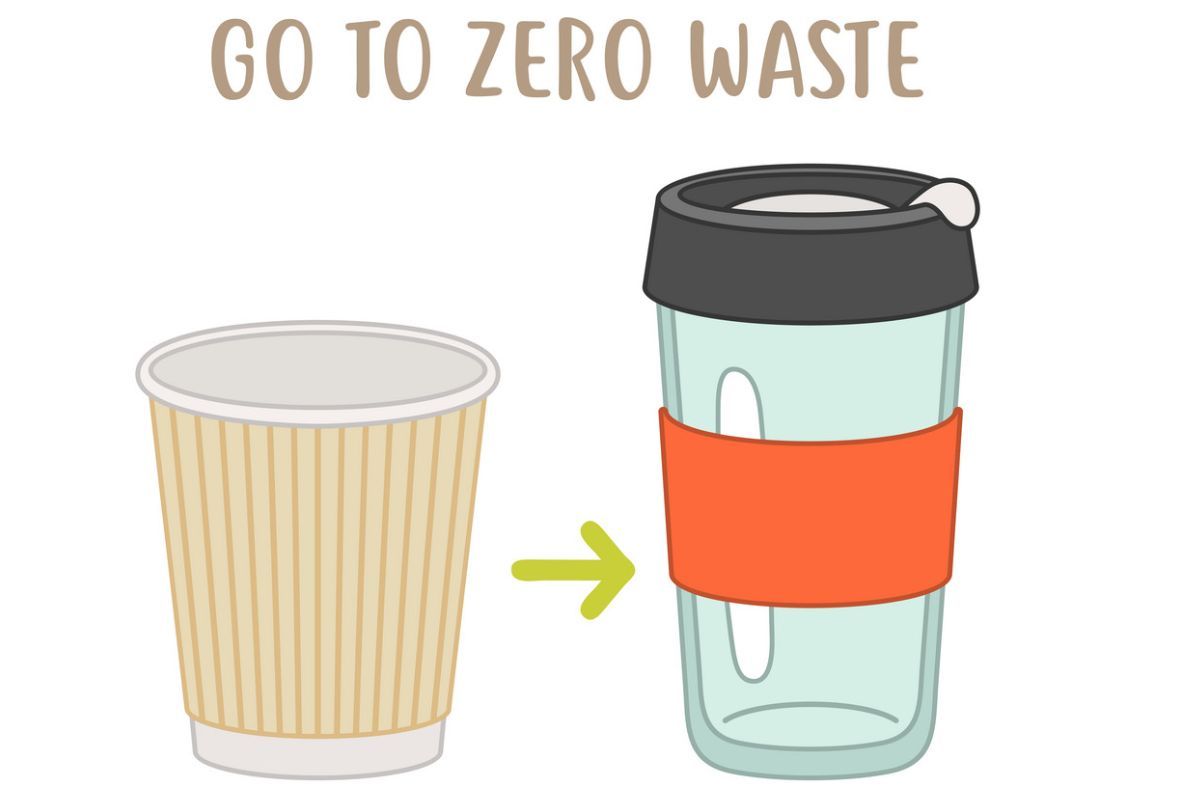With more and more employees embracing eco-conscious waste management, it is now more important than ever to promote recycling in the workplace. The fact is: All companies, even those with remote workforces, generate some form of waste.
Did you know that on average, each UAE resident generates waste at one of the highest rates in the world? This is around 1.8kg per day, according to the UAE Ministry of Climate Change and Environment (MOCCAE).
It’s not just a responsibility for our homes; it extends to our workplaces as well. By adopting recycling habits at work, we can significantly reduce our ecological footprint, conserve resources, and contribute to a more sustainable future.

The Benefits of Recycling in Dubai Offices
Recycling in offices carries numerous benefits for both businesses and the environment. Here are some key advantages:
Reduces Waste: A recycling program significantly reduces the amount of waste that ends up in landfills, contributing to a healthier environment. This is especially critical for products like office electronics, which contain chemicals that could contaminate groundwater and damage the community’s health.

Conserves Resources: Recycling helps conserve valuable natural resources, such as minerals, metals, and timber, by reducing the need for virgin materials.

Energy Savings: Recycling requires less energy compared to producing goods from raw materials, leading to lower greenhouse gas emissions.

Corporate Social Responsibility (CSR): Implementing a recycling program aligns with a company's CSR goals, demonstrating a commitment to sustainable practices and positive community impact. As more and more consumers realize the necessity of environmental responsibility, they are shifting their allegiances to more conscious brands that encompass these moral values.

Enhances Company Reputation: Being aware of your waste and trying to manage it responsibly reflects your consideration for the world outside of your business. The consumer population is growing to include more eco-minded, socially conscious young buyers who are demanding businesses take accountability for their environmental impact.

Cost Savings: Many businesses don’t realize the money that can be saved by increasing their office recycling. Over time, recycling can lead to cost savings by reducing waste disposal fees and minimizing the need for new materials.

Top Tips for Recycling in the Workplace
- Create Awareness

First things first, ask yourself the following questions… Do your staff really know why recycling is important? Do they know how recycling can make a difference and help protect the planet? Are they aware of your company’s sustainability goals? Do they realize recycling more can save your organization money on waste collections?
Showing your staff that their efforts are affecting change in the bigger, wider picture, simply and quickly creates more engagement with your recycling bins.
Make sure your employees are aware of the answers to the above questions, and you will instantly increase your recycling rates. You could send weekly ‘remember to recycle right’ emails to your colleagues, or even display posters in the office to serve as a helpful reminder.
- Reduce Paper Usage

Most office waste consists of paper. The highest-impact action that you can take to reduce your waste is to reduce paper consumption.
Encourage digital documentation and communication to minimize paper usage. Print only when necessary and promote double-sided printing. Utilize electronic formats for internal memos, reports, and other documents whenever possible.
While it’s easy to simply say, “Print less”, we know that it’s not always possible. Sometimes you just work better on a printed sheet than on a laptop screen! Or you have that one colleague who needs to print everything out before he can work. We recommend buying recycled printer paper.
- Go Paperless for Meetings

Instead of distributing paper handouts or agendas, encourage employees to bring their own devices or provide digital copies of meeting materials. This reduces paper waste and encourages a more sustainable approach to meetings.
- Reduce Consumables

Instead of providing plastic cups at the water dispenser and polystyrene cups and plastic spoons for tea and coffee, equip your workplace with reusable dishware and cutlery. Yes, you will need to make an initial investment in these items and perhaps even dishwashers, but it will save you money in the long run, not to mention reduce non-recyclable waste.
- Lose The Paper Cups

Do you really need a new plastic cup each time? Once again, it would be a good idea to switch to recyclable cups if you really must use a new one, but a far easier (and better solution) would be to simply get your own mug or thermos from home and refill it as you go. Yes, it involves a little extra effort on your part to wash up, but is that really worse than contributing cups to a landfill each week?
- Provide Recycling Bins

Place clearly labelled recycling bins throughout the workplace in convenient locations, such as near desks, break rooms, and copy/printing areas. Ensure that bins are easily identifiable for different types of materials like paper, plastic, glass, and aluminium.
- Make it Interesting

Paper, plastic, cans, and other recyclables are often unceremoniously dumped in the recycling bins. Instead of placing recycling on the same level as dumping the garbage, set up sporting equipment to encourage employees to use the recycling containers. Basketball hoops placed over bins at various heights give employees a bit of enjoyable release as well as practice with their aim as they shoot crumpled paper, soda cans, and other recyclables into the "baskets".
- Provide Recycling Guidelines

Clearly communicate recycling guidelines to employees through signage, emails, or internal newsletters. Include information on what can be recycled, where to find recycling bins, and any specific instructions for recycling certain materials.
Also read:















